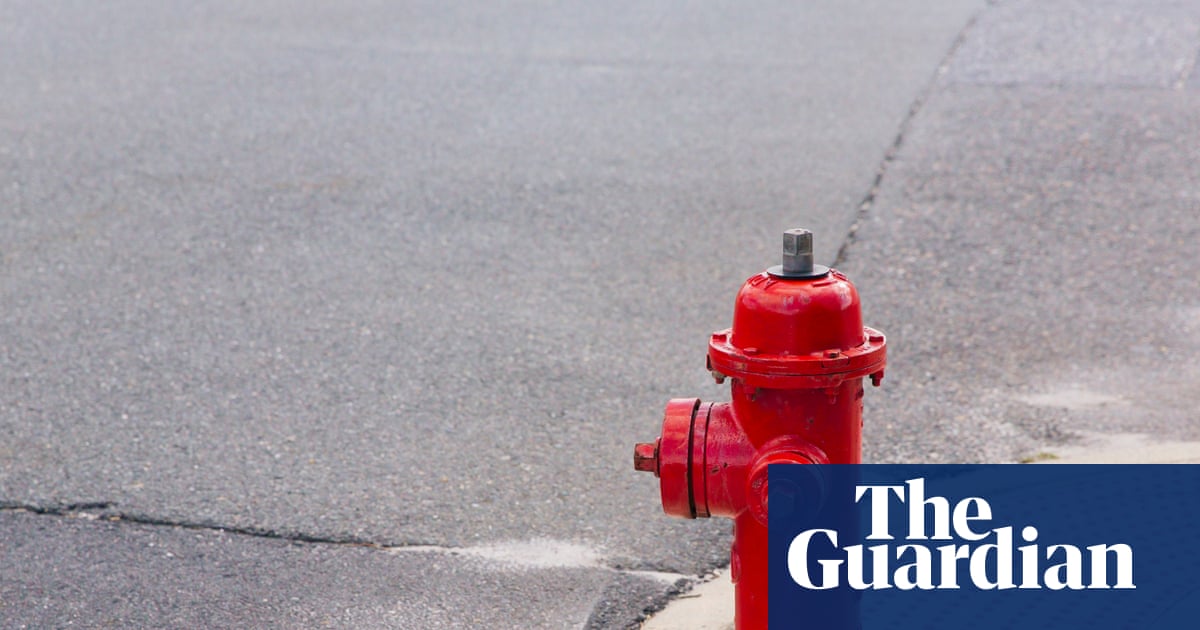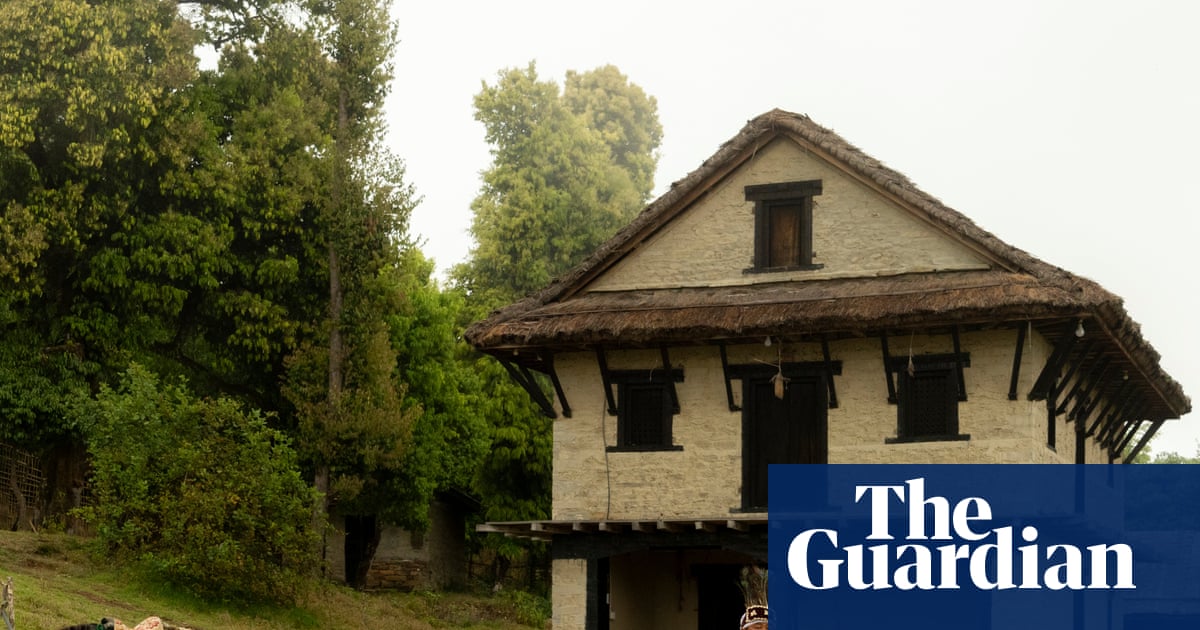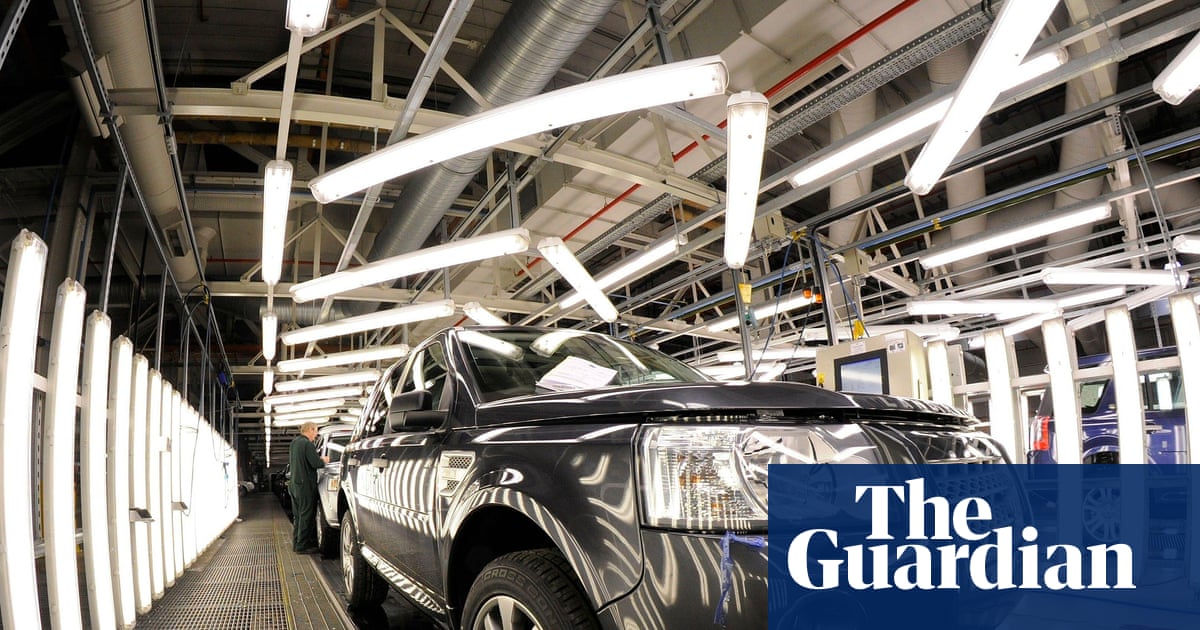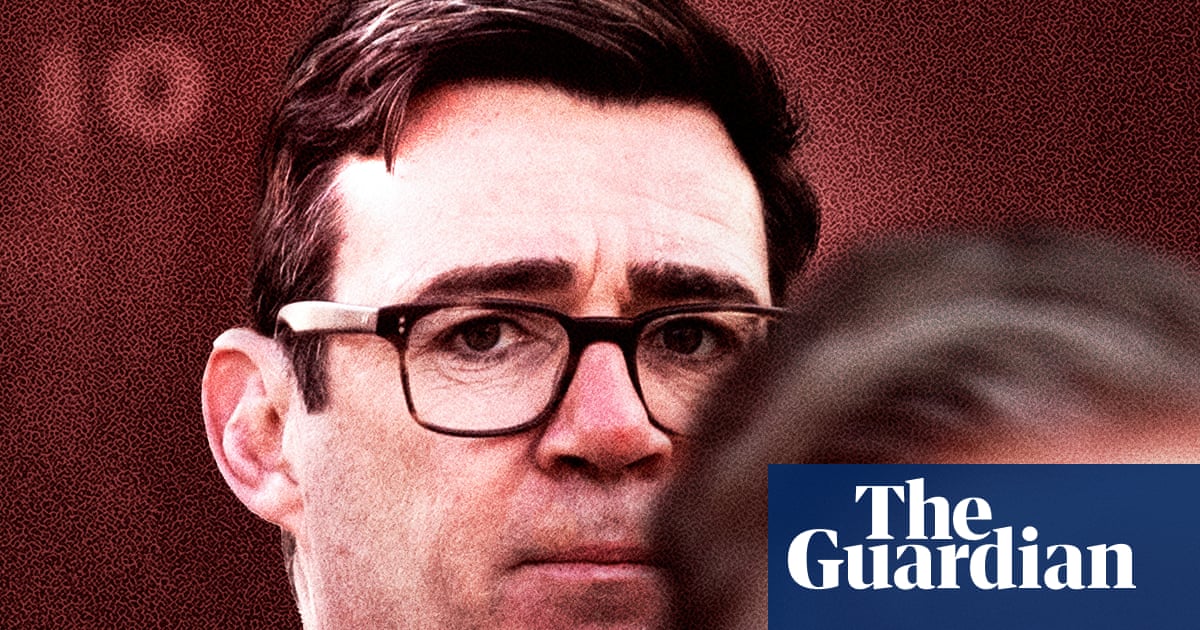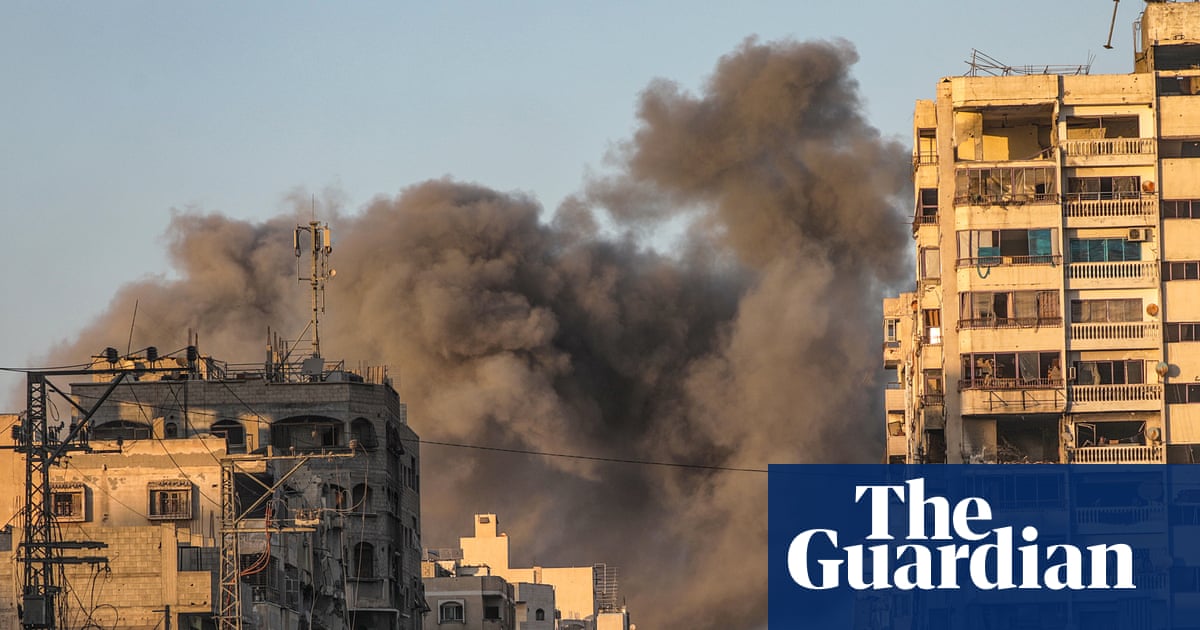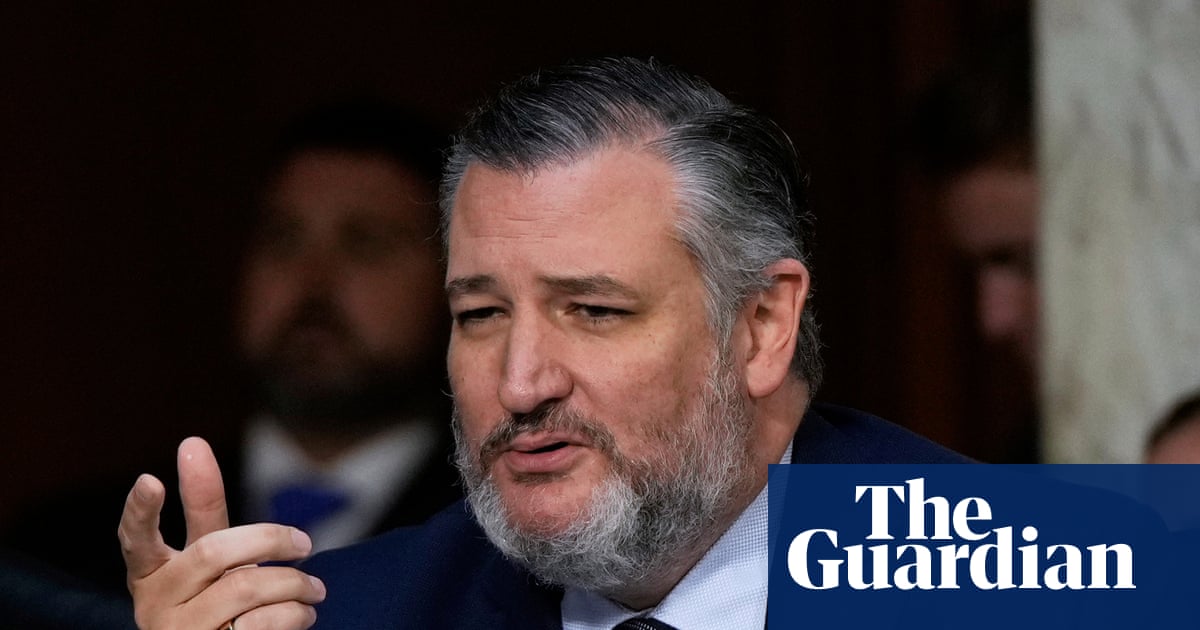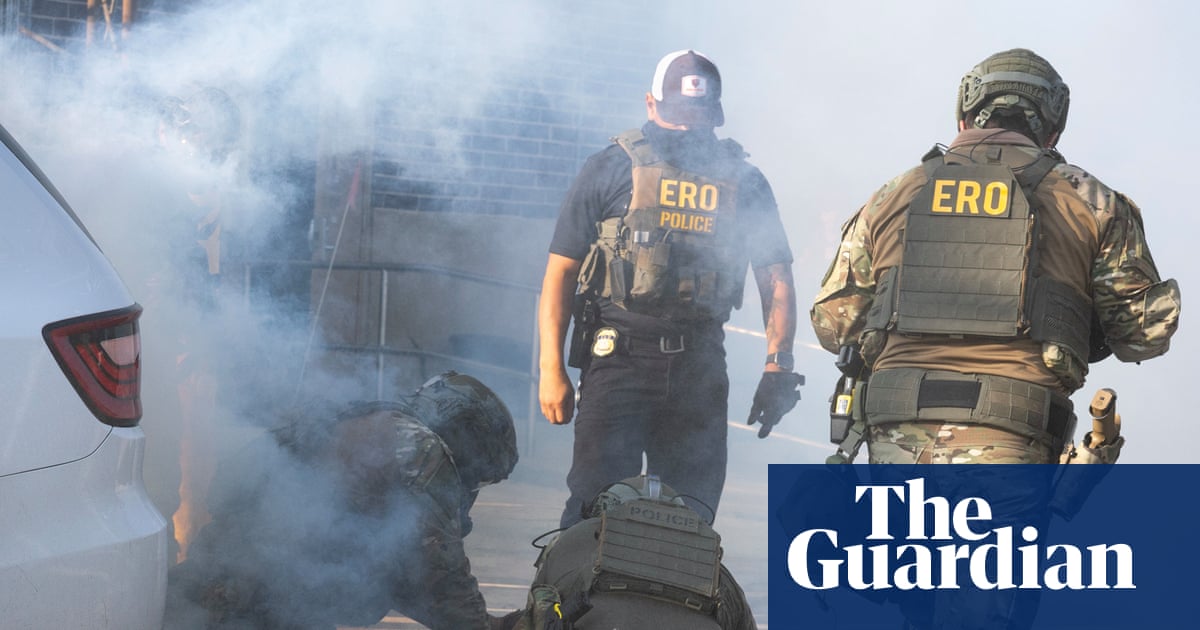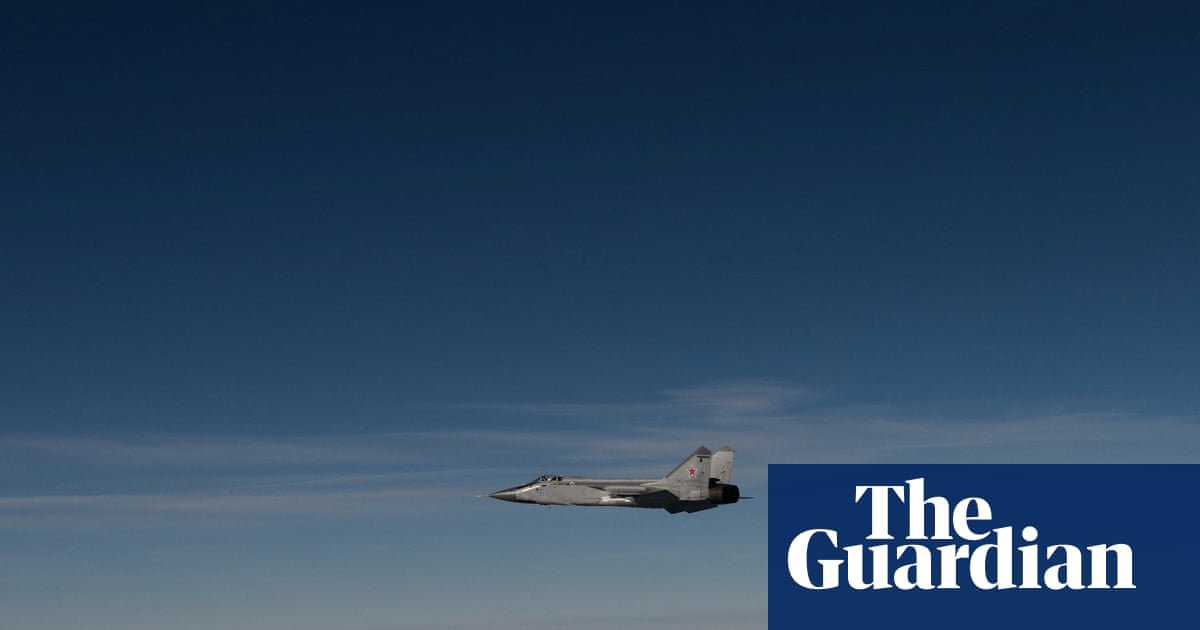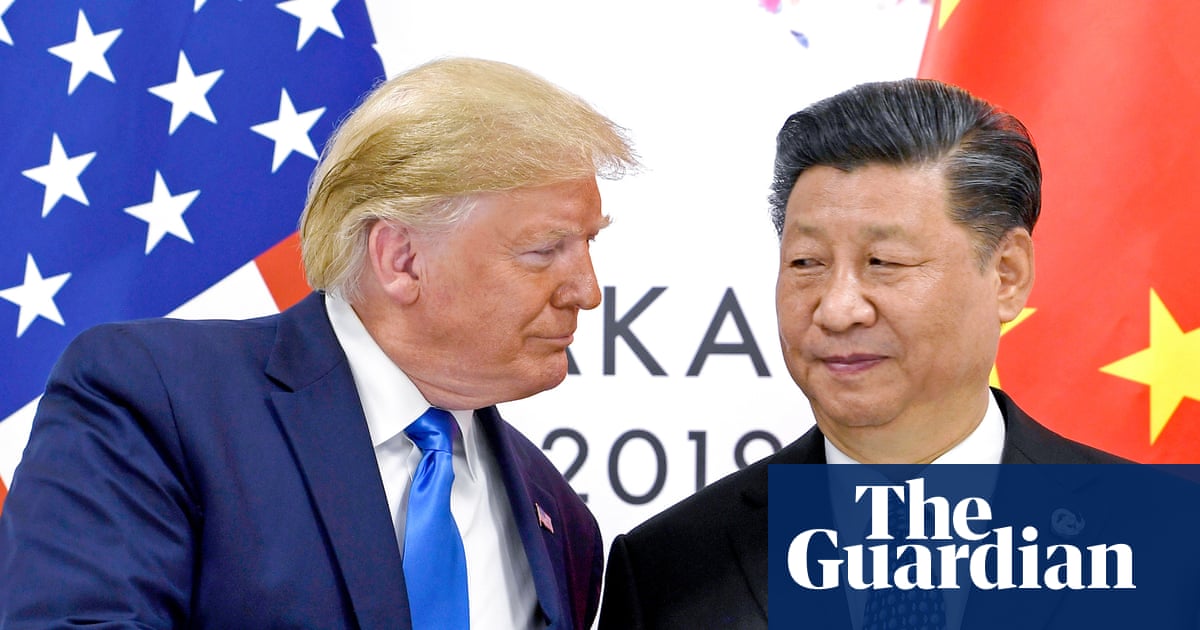The biggest expansion of the UK’s nuclear deterrent in a generation will put the nation on the “nuclear frontline” and mobilise a new generation of anti-nuclear weapons protesters, campaign groups have warned.
Anti-nuclear and anti-arms campaign groups are planning mass protests against nuclear weapons – of a kind not seen since the days of the Greenham Common peace camp in the 80s – in response to government plans to significantly expand its nuclear deterrent by buying a squadron of American fighter jets capable of carrying nuclear weapons.
The Campaign for Nuclear Disarmament (CND) is planning a protest on Saturday at RAF Lakenheath, which is used by the US air force. The base is undergoing a multimillion-pound upgrade and contains old storage vaults for nuclear weapons, and is seen as a potential site for the storage of US nuclear weapons.
Campaign groups said the decision to buy 12 F-35A jets, which are capable of carrying conventional arms, and also the US B61-12 gravity bomb, a variant of which has more than three times the explosive power of the weapon dropped on Hiroshima, had been taken without parliamentary debate and undermined democracy.
Sophie Bolt, the CND’s general secretary, said the decision made the British public “less safe”, with the prospect of US-nuclear arms on UK soil for the first time in a generation.
“This move puts us on the nuclear frontline,” she said. “It means that there’s going to be at least one if not two bases now in Britain that will be stationing US nuclear weapons and US capable jets. That puts us on the frontline and it doesn’t offer us any protection.”
Kirsten Bayes, of the Campaign Against Arms Trade, said the decision amounted to “nuclear proliferation by any other name” and said it would cost British taxpayers millions.
“We are looking at an outlay of £700m for these jets, plus the same amount again for their maintenance,” she said. “When we are being told we have to cut back on the money we give to disabled people, and yet we can find these vast sums for aircraft, that is really hypocritical.”
US nuclear weapons have not been stored in the UK since the last one left RAF Lakenheath in 2008. Britain has not had its own air-launched nuclear weapons since 1998, when the WE177 freefall bomb was scrapped by the then Labour government.
Announcing the expansion of Britain’s nuclear armoury, Keir Starmer said: “In an era of radical uncertainty, we can no longer take peace for granted, which is why my government is investing in our national security.”
Bolt said the government should be prepared for a swell of protest not seen in the UK since the Greenham women’s peace camp was established at RAF Greenham and became the biggest female-led protest since women’s suffrage.
“Local people are outraged at what’s going on, with no consultation at all,” she said. “They are outraged at the fact that they have no say in this action that puts them at risk.”
Lakenheath is likely to become a battleground over the plan to place US nuclear weapons on British soil. In November 2018, the Ministry of Defence awarded a £160m contract to Kier VolkerFitzpatrick to prepare RAF Lakenheath for US F-35 fighter jets.
Bolt said protests were also planned at RAF Marham in Norfolk. She added: “This is being done without any parliamentary debate or vote and completely undermines British democracy. It undermines British sovereignty and of course that impacts Britain’s economic priorities.”
On Wednesday, the defence secretary, John Healey, denied that the decision to buy the new fleet of fighter jets meant a return to the cold war, and insisted it was “entirely consistent” with the UK’s stated commitment to nonproliferation of nuclear weapons. Britain pledged to pursue nuclear disarmament “in good faith” under article 6 of the 1970 non-proliferation treaty.
Bolot accused Healey of “double speak”, adding: “How on earth can buying nuclear-capable jets which can carry nuclear bombs help bring about the end of nuclear weapons. It’s just total hypocrisy.”

 2 months ago
53
2 months ago
53

